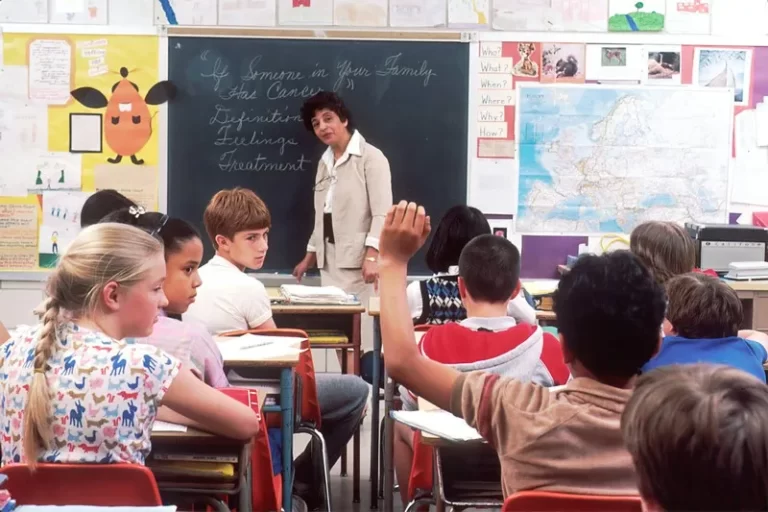
Neoliberalism in Education: An Overview and Explanation
Explore the concept of neoliberalism in education, its impact, and the key factors that shape this ideology. Learn about the application of neoliberal principles and policies to the education system, including market-oriented reforms, competition, and the commodification of education. Understand the debate surrounding the impact of neoliberalism on equity, accountability, and the curriculum. Discover the factors that have contributed to the rise of neoliberalism in education, such as international organizations and the belief in market forces. Engage in informed discussions about the future of education in the context of neoliberalism.









